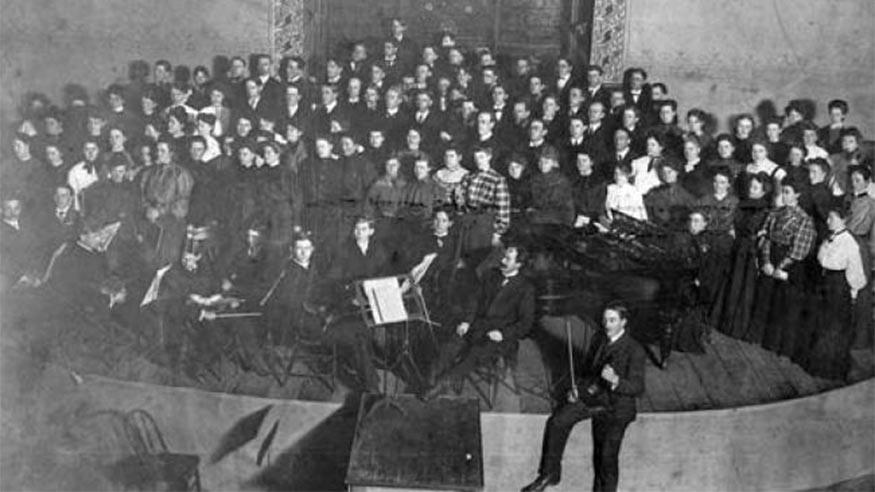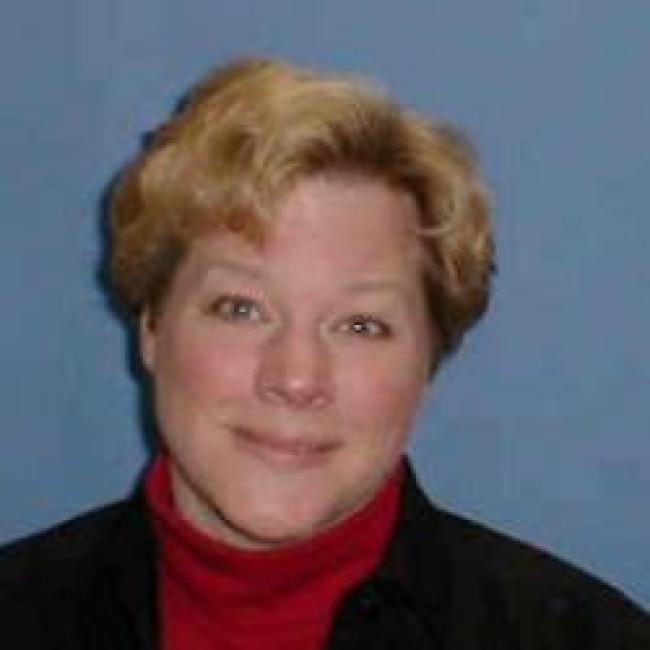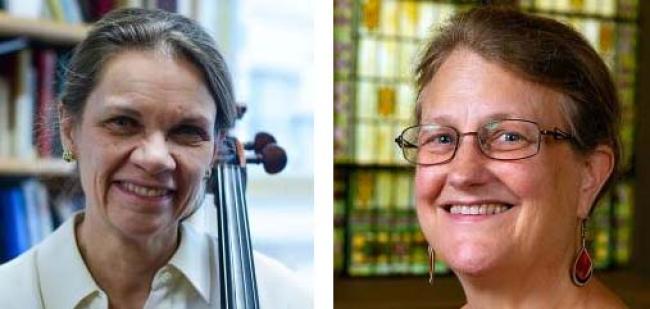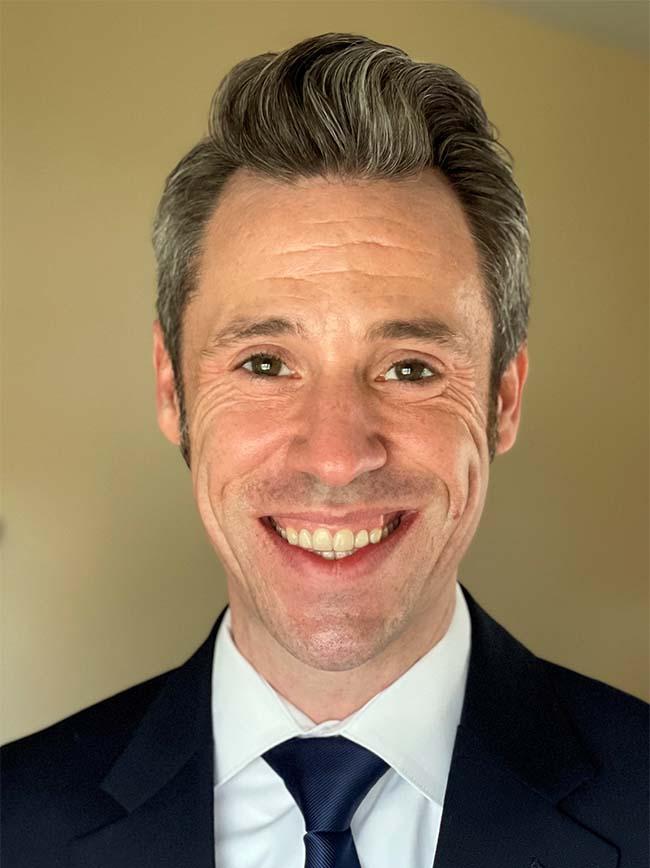
The first concert of the Handel Oratorio Society takes place during Holy Week, April 11, 1881. (Augustana Special Collections)
Returning 'Messiah' brings back memories
When Professor Olof Olsson came back to Rock Island from London in 1880, he probably had no idea he was about to create a musical tradition.
Dr. Olsson had just heard Handel’s "Messiah" for the first time. And he was stunned by it. “At times I was so carried away that I was hardly aware of myself," he wrote.
In short order, he organized the Handel Society here, which presented its first concert on April 11, 1881. Since then, at full length or sometimes abridged, "Messiah" has been performed regularly at Augustana, allowing some gaps for wars and pandemics.
This year's performance of the work, which which traces the story of Jesus Christ, will begin at 3 p.m. May 1 in Centennial Hall, and music faculty and alumni happily are anticipating an old favorite. (Details and program)


"I do not know one musician on the Centennial Hall stage who is not profoundly touched by the music and the message," said Cynthia Lambrecht, instructor of oboe and English horn. "The opportunity to share this experience with colleagues, students and audience is a blessing."
Probably few in the audience or on stage will be as familiar with "Messiah" as Dr. Jon Hurty, professor of music and director of choral activities at Augustana. He believes he has conducted the work about 55 times since his first year in 1996. (For many years, it was performed three times over a weekend.)
"I am excited to bring Messiah back to the community," he said. "Because it has not been performed by our current students, it has been a real joy to introduce them to this magnificent work."
His connection to the oratorio goes back further than Augustana.
"My parents had attended Bethany College in Lindsborg, Kansas, and had sung Messiah a number of times. Bethany had a tradition of doing Messiah and Bach, St. Matthew Passion performances during Holy Week and Easter," he said. "My great-aunt was a pianist and my dad and great uncle were pastors, so all of us would gather around the piano and sing choruses from 'Messiah.' I have vivid memories of singing those choruses when I was very young."

The performance involves students, as well as faculty and community members in the Handel Oratorio Society.
"My fondest memories are of sitting in the cello section with my wonderful students and then (along with my husband) hosting the orchestra in our home for a meal," said Dr. Janina Ehrlich, professor of music.
Violinist Deborah Dakin, assistant professor of music, has loved watching her students grow each year they play in "Messiah."
"It really stretched them and they loved it," she said. "When the change came for more faculty to participate, it was a deep pleasure to perform WITH my students. It was great to be right next to them as they never failed to rise to the occasion.
"I also love the audience... the many regulars. One man who always brought a young person with him and also always brought a score to follow along. Playing viola I have a front-row seat and can see firsthand how the music moves people."

Jim Earel '02 has sung in the chorus 10 times, dating back to when he was a junior at Augustana. He and his wife Anne Earel, a research librarian at the college, sing it together.
"It’s a special time for us to spend time together doing a thing that we both truly love!" he said.
"My favorite moment in 'Messiah' is right at the very end of the Great Amen, four measures from the end. The chorus and orchestra have been building the whole page leading up to that, and then there’s a full measure rest, at that point, from the chorus, you can hear the air passing through the pipes in the organ without any music playing. It is an eerie sound followed shortly by the triumphant final Amen. It’s a sound I’ll never forget."
Despite the serious subject matter of "Messiah" — Christ's birth, death and resurrection — there are some humorous memories of performances.
One year the bass soloist fell ill on the morning of the first performance.
"I remember scrambling that day to find an alternate soloist," said Dr. Hurty. "A member of the Chicago Lyric Opera was engaged for the performance and I had a 30-minute piano rehearsal with him about two hours before the performance. We had no opportunity to work with the orchestra. I remember both the excitement and terror of doing a live performance with no rehearsal. It turned out great and he was a hit with the audience."
The alto soloist in 1970 was the noted contralto Florence Kopleff, who was "a consummate professional, as well as a very large, imposing woman," recalled Kathy Janicek '74.
At the Friday night performance that year, during the alto-tenor duet “O Death, Where is Thy Sting,” it became painfully obvious that the tenor didn't know the piece, missed an entrance and blundered through it. Kopleff obviously was angry.
"You would think that after that experience, he would practice like crazy, but the same thing happened during the performance on Saturday," Janicek said.
"He must have finally practiced before the Sunday afternoon concert, because he finally performed that critical entrance correctly, but Kopleff was so surprised by this that she missed her entrance. It was quite a moment!
"Most of my experiences with “Messiah” are of a more profound nature. Performing under the batons of both Don Morrison and Jon Hurty has had a strong impact on me musically, emotionally and spiritually. I have conducted local performances of the Lent and Easter portions of “Messiah” since 1980 and I seem to find something new each time I do so. I am grateful to Augustana for giving me this gift and hope that the “Messiah” performances will be able to continue long into the future."
